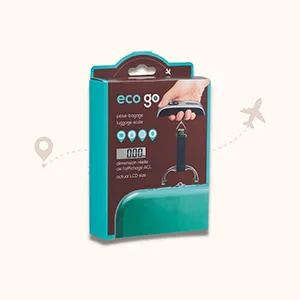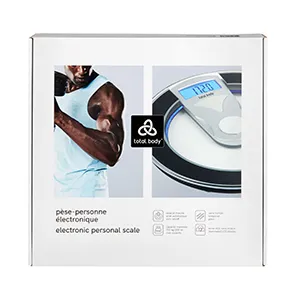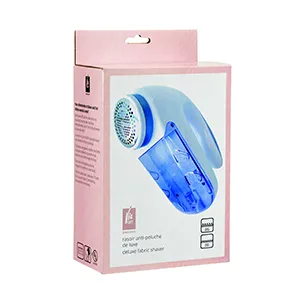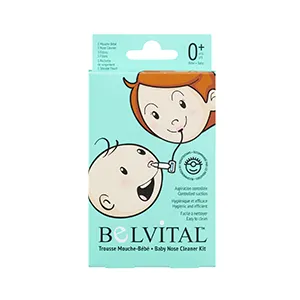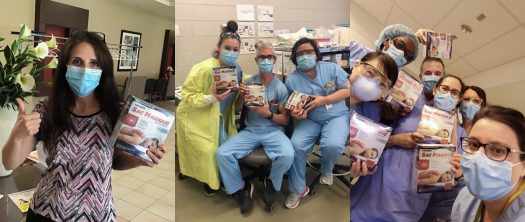November 18, 2020 Is it the flu, a cold, or COVID-19?

It’s happened to all of us. Perhaps you experience a slight itch or tickle in our throat, and all of a sudden you’re filled with anxiety. Could it be COVID-19?
The pandemic has all of us on our toes, making regular cold and flu season all the more stressful. With the weather getting colder, and Canadian cold and flu season underway, it’s important to be able to distinguish between the common cold, flu, and the Coronavirus.
A quick note before we continue: we are not medical professionals and this information is for informational purposes only. If you think you are experiencing COVID-19 or any other respiratory illness, please consult your doctor.
While all three respiratory illnesses show slightly different symptoms, it can be very difficult to tell the difference between what might be a harmless cold and what might be COVID-19. Read on to learn more about the symptoms for each one of these illnesses and how they differ!
COVID-19 Symptoms
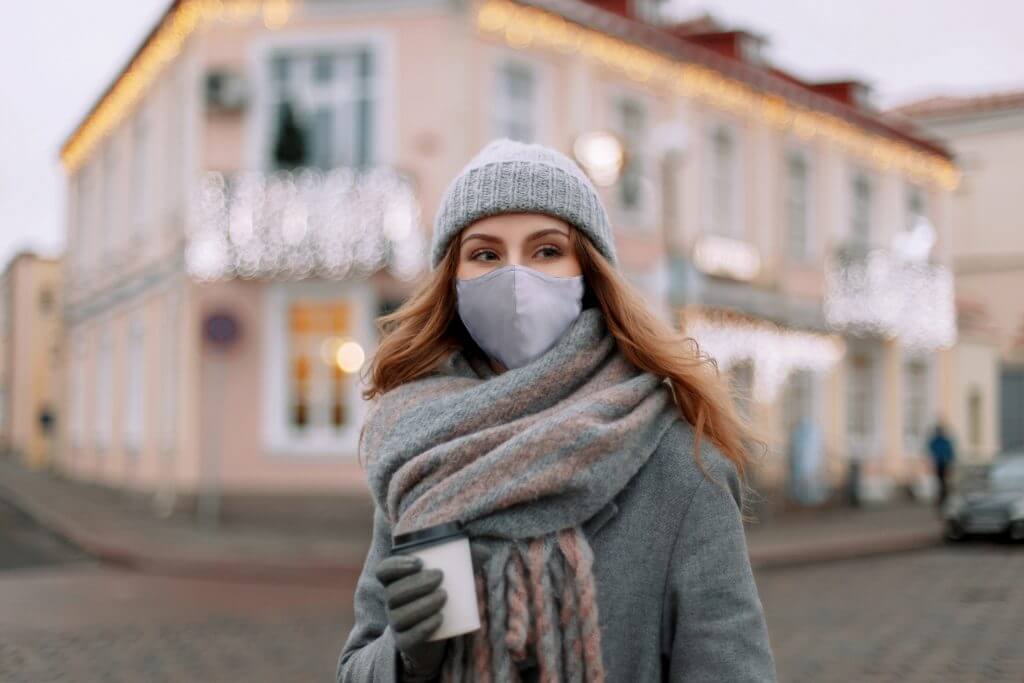
The main symptoms characteristic of COVID-19 are fever, a dry cough, and fatigue. Patients often report pain and pressure in their chest, and in severe cases, shortness of breath. Another unusual symptom is a loss of taste/smell. Less frequently, COVID can cause headaches, gastrointestinal symptoms, aches, and pains.
Sneezing and a runny nose, typical symptoms of the common cold, are not often experienced by COVID patients.
How to prevent COVID-19: There is currently no cure or vaccine for COVID-19. Your best defense is following social distancing protocols and adhering to your province’s health guidelines, as well as wearing a mask to protect both yourself and your community.
Flu Symptoms
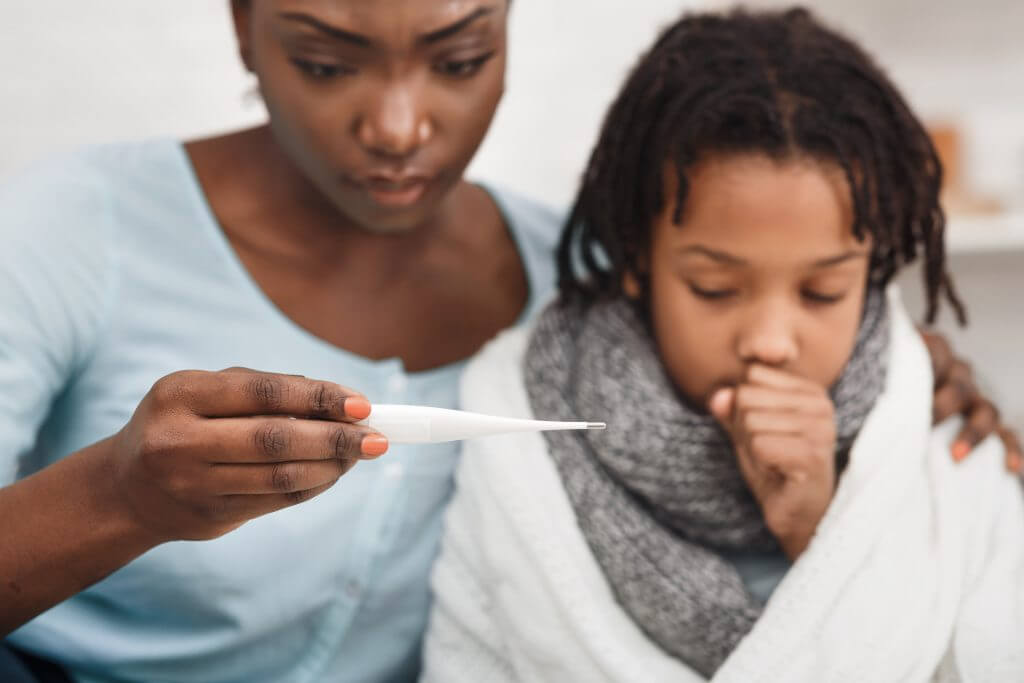
The flu, or scientifically referred to as the Influenza virus, has many of the same symptoms as the novel Coronavirus, making it tough to spot the difference between the two.
Those who have the flu usually experience fever, a dry cough, aches and pains, and headaches. While these symptoms are very similar to COVID, flu patients rarely have their taste and smell affected by the Influenza virus. It is also rare to experience difficulty breathing or shortness of breath.
If you have flu-like symptoms, make sure to get tested to make sure you’re not infected with Coronavirus.
How to prevent the flu: You can minimize your chances of catching the flu by keeping up to date on your flu vaccine[5] [6] . Get your vaccine by booking an appointment for the flu shot at your nearest pharmacy. Those who are vaccinated for the flu generally experience milder symptoms than those who do not vaccinate. Other than vaccination, your best medicine for the flu is to get plenty of rest, drink warm liquids, and take over-the-counter pain medications like acetaminophen (Tylenol) or ibuprofen (Advil, Motrin).
Cold Symptoms
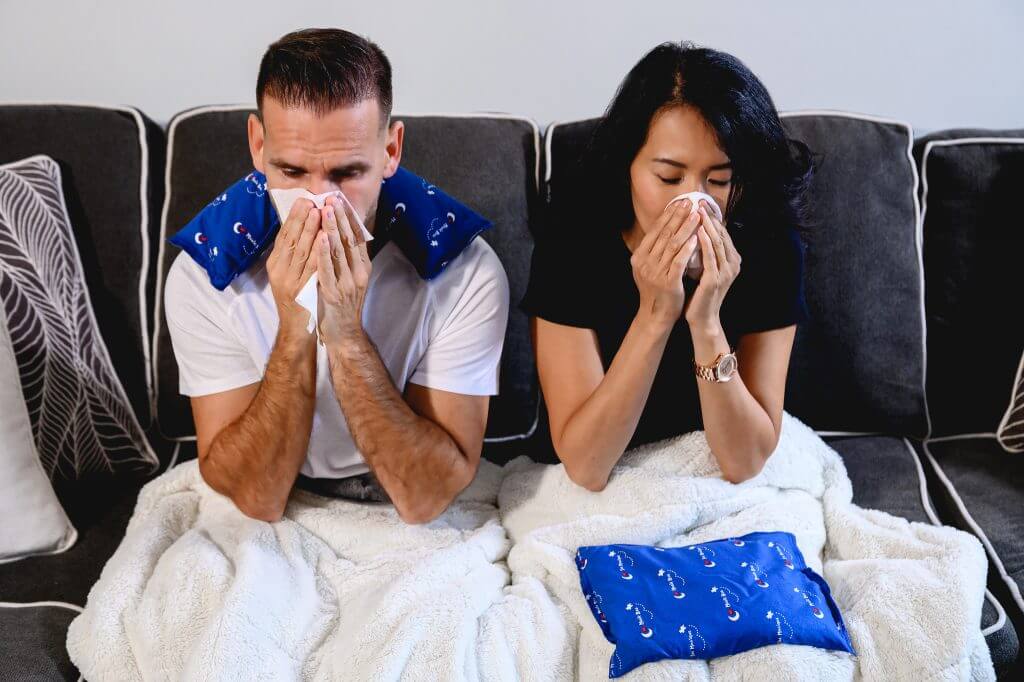
The common cold is certainly the mildest of the three. While it’s never fun to be stuck with a runny nose, sneezing, and a sore throat, you’ll find that cold symptoms are much less severe than the flu or COVID. The common cold also rarely leads to any complications (COVID-19 and the flu can lead to pneumonia).
The most common cold symptoms are a blocked or runny nose, sneezing, sore throat, headaches, and aches and pains.
It is rare to have a fever when you have a cold. Fever is a consistent symptom across the board in COVID patients, so if you’re temperature is normal you are most likely in the clear, and it’s just a simple cold.
How to prevent the common cold: Often, getting a cold is simply unavoidable. The best way to fight off colds is to keep your immune system in tip-top shape. Keep hydrated, eat healthy, take a daily dose of Vitamin C, and get lots of rest. If you do have a cold, and you can take pain killers, rest at home and drink lots of hot liquids. Common colds generally don’t last longer than 7-10 days, so just give yourself some time to recover and you’ll be a-okay in no time!
Get Tested to Be Safe
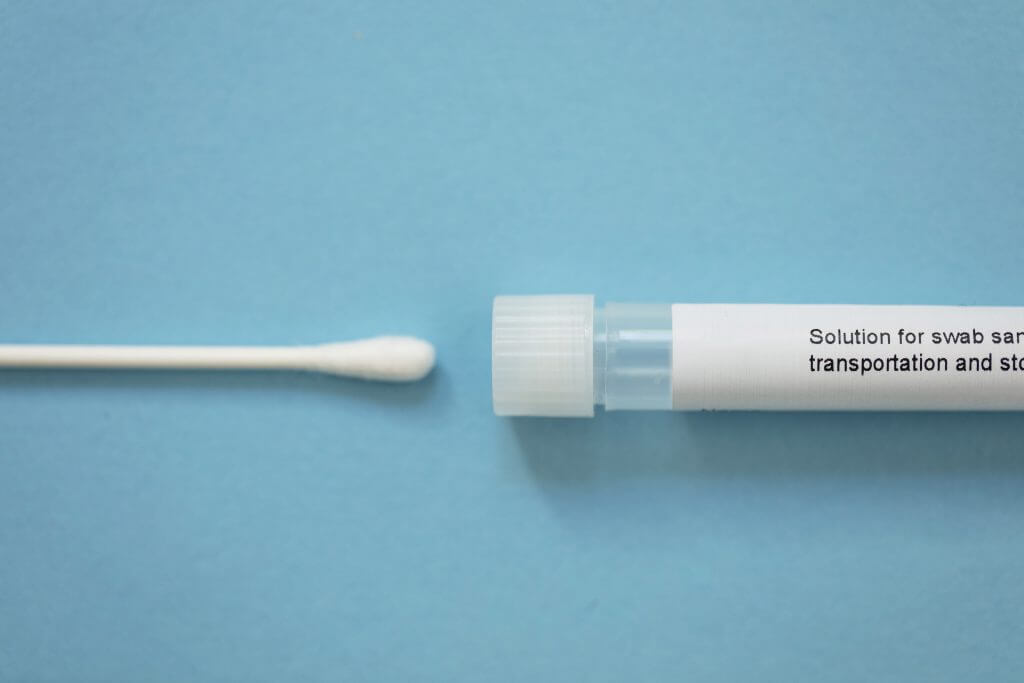
Even if you’re only displaying mild symptoms (i.e. a sore throat), it’s best to not self-diagnose. Make sure to self-isolate and/or get tested so you can know for sure! Testing is the only way to be 100% certain your symptoms are not Coronavirus.
Whether or not you’ve experienced any of these symptoms, it’s important to take care of yourself, even more so this year than years prior. With the collective stress of the pandemic, and the weather getting colder, focus on how you can engage in soothing self-care in the comfort of your home. Stress and anxiety can weaken our immune system, making us more prone to colds, flu, or even COVID-19.
Our Magic Bag hot and cold compresses are a fantastic way to relax and relieve stress, aches, and pains. Cozy up with your Magic Bag, your favorite cup of hot tea, and a good book, and you’ve got yourself a perfect evening of rest and relaxation.
By reducing stress and fueling your immune system, your body will be better equipped to handle any illness that may come your way!







